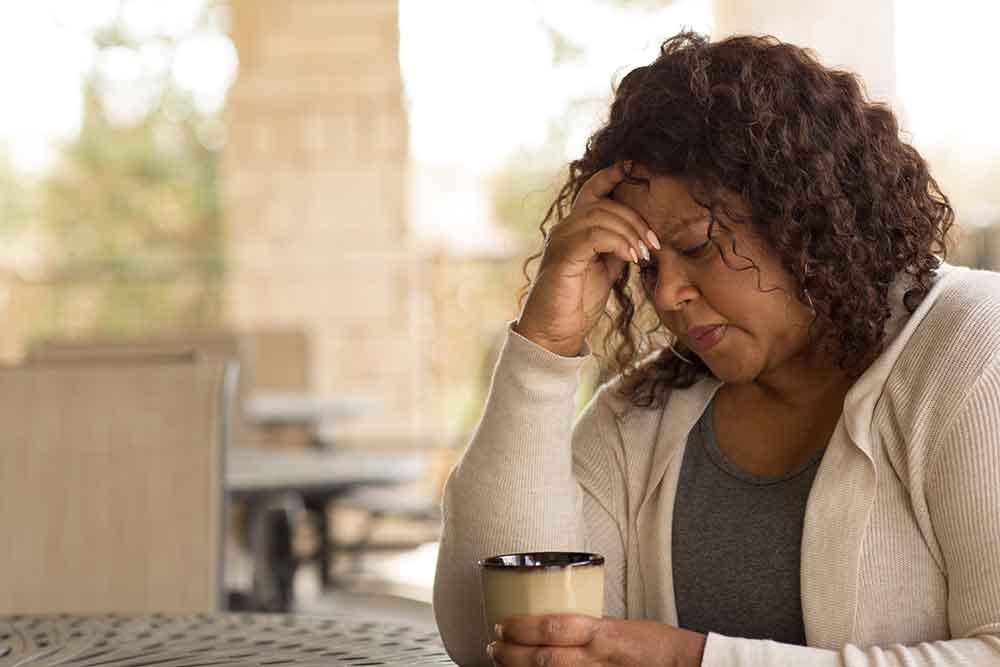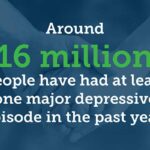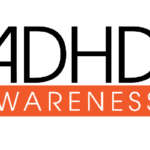Depression In Older Adults

Depression In Seniors Is A Common and Serious Condition
In older adults, symptoms of depression can appear differently, but anxiety and depression are not a normal part of growing old.
Many seniors and older adults are reluctant to seek treatment due to stigma associated with mental illness. It is estimated that one out of five people age 55 and older experience some type of mental health concern, according to the American Association of Geriatric Psychiatry.
Anxiety and depression are among the conditions most likely to affect seniors.
Depression in older adults can present differently due to physical health problems or pain that may be closely linked with feelings of guilt, sadness, anger, resentment and loneliness. In addition, depression in older adults must be distinguished from medical conditions or prescription medications that may contribute to symptoms of depression.

Do not be reluctant to seek help if you or an older member of your family is struggling with symptoms such as memory loss, personality changes, increasing aches and pain, and sleep problems or chronic fatigue.
Depression and anxiety are medical conditions that interfere with daily life and normal functioning. These symptoms are not a normal part of growing old, and many older adults require treatment to feel better. As we age, we go through a lot of changes. We may experience the death of loved ones, social isolation from friends and family, retirement, loss of independence, stressful life events, physical health issues, financial issues, and limited mobility.
Feeling lonely and being isolated are bad for your health. Watch the video below for tips on how to stay connected and combat loneliness and social isolation.
Signs of Depression In Older Adults
For some older adults with depression, sadness is not the main symptom.
Some adults with depression commonly experience a lack of emotion rather than a depressed mood. In some cases, memory and thinking problems may be apparent as well. In addition, stigma associated with mental health may prevent older people from from talking about their feelings with doctors, family, or friends and can be reluctant to seek treatment.
Types Of Depression Commonly Experienced By Older Adults
There are several types of depression that older adults may experience:
- Major Depressive Disorder – includes symptoms lasting at least two weeks that interfere with a person’s ability to perform daily tasks
- Persistent Depressive Disorder (Dysthymia) – a depressed mood that lasts more than two years, but the person may still be able to perform daily tasks, unlike someone with Major Depressive Disorder
- Depressive Disorder Due to A Medical Condition – depression related to a separate illness, like heart disease or multiple sclerosis.
There are many other types of depression including but not limited to postmenopausal depression and seasonal affective disorder.
Can Depression In Seniors Be Treated?
Anxiety and depression are two of the most treatable mental health conditions. Effective treatment of depression in older adults can reduce depressive symptoms, secondary symptoms such as pain, and improve functioning and quality of life.
The most common forms of treatment for depression in seniors are medication, psychotherapy (also called “talk therapy), or a combination of the two. The psychiatrists and therapists of Novum Psychiatry are well-versed in the diagnosis and treatment of depression in older adults.
If you or a loved one is experiencing symptoms of depression, please make an appointment today for a confidential evaluation.
Telehealth For Seniors In Massachusetts and Rhode Island
Seniors with chronic health conditions may be concerned about in-office visits, or face transportation or mobility issues that impact their ability to receive timely and appropriate psychiatric and mental health care.
Novum Psychiatry is committed to providing as much flexibility as possible for our patients to maximize access to psychiatric and therapy care. The majority of new patient initial visits will be an in-office appointment in either our Sudbury or Plainville office. Subsequent appointments for established patients may be offered via telehealth (Zoom or phone call).
Learn more about our telehealth mental health services for seniors throughout Massachusetts and Rhode Island.





